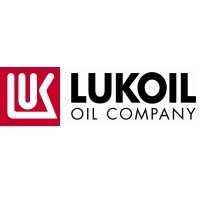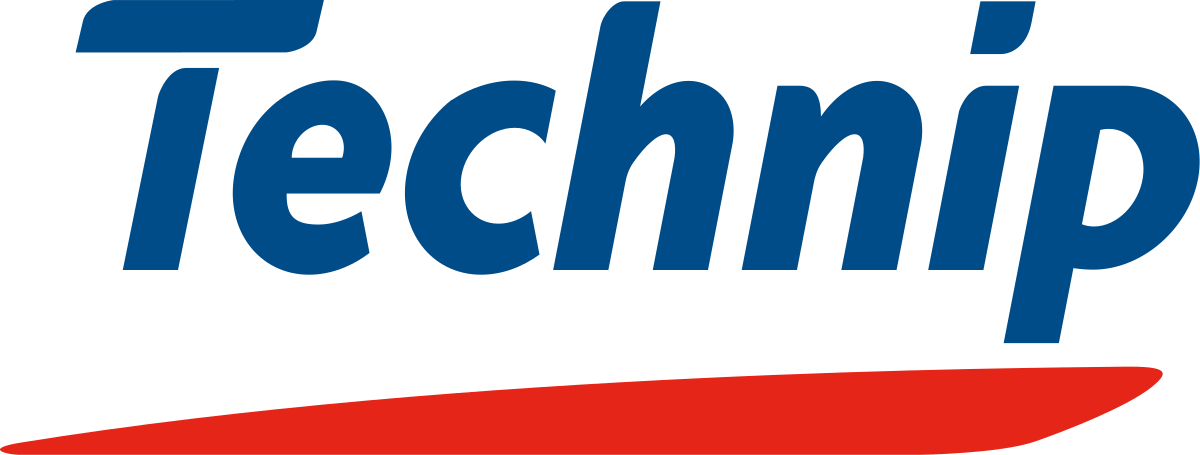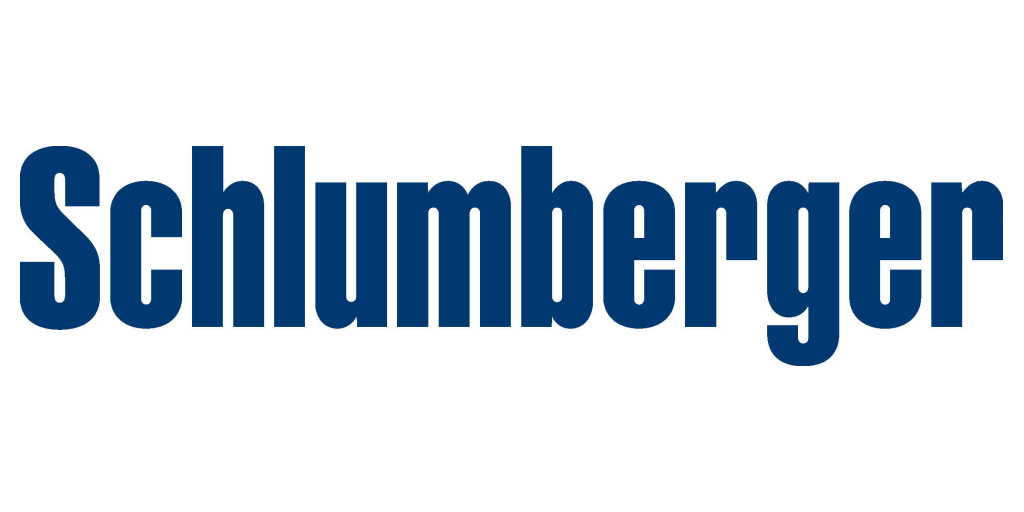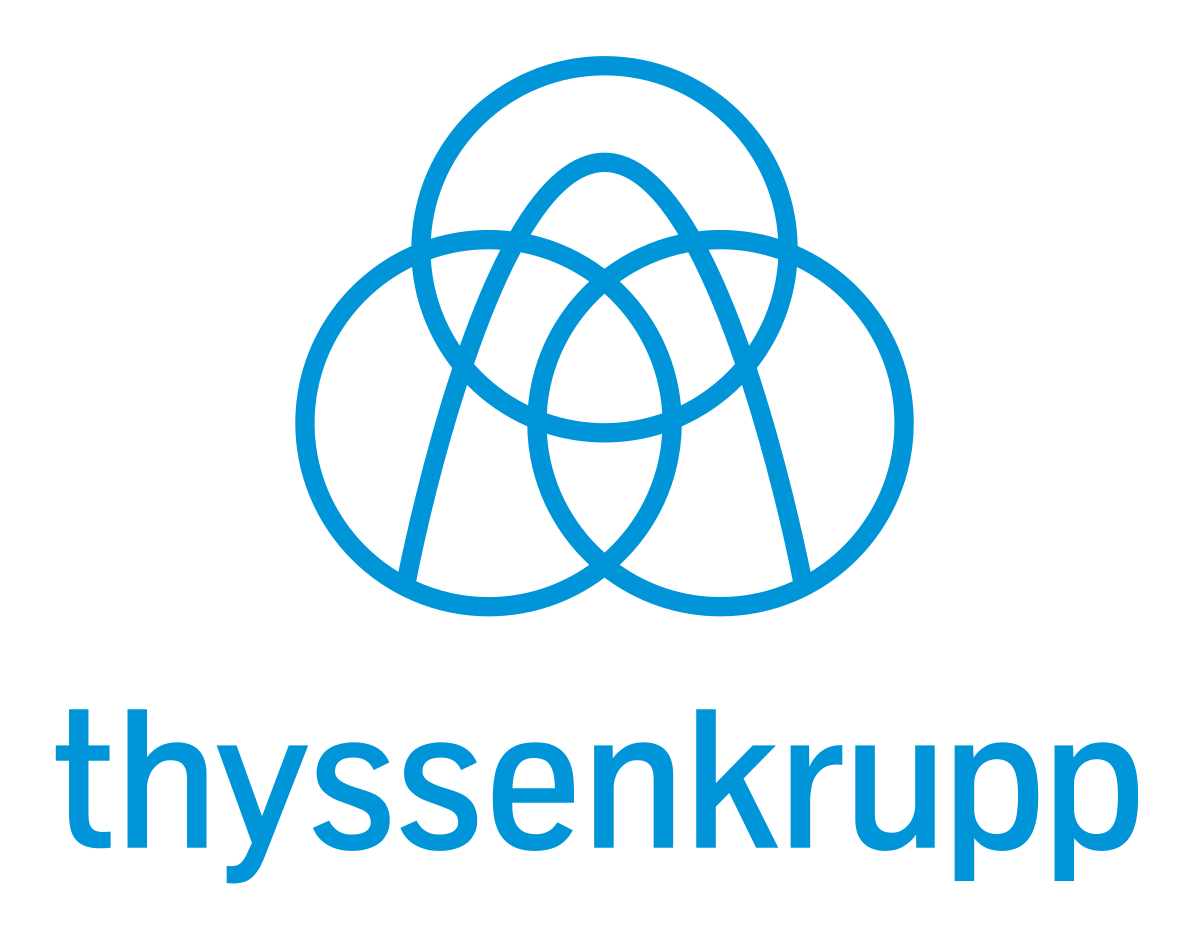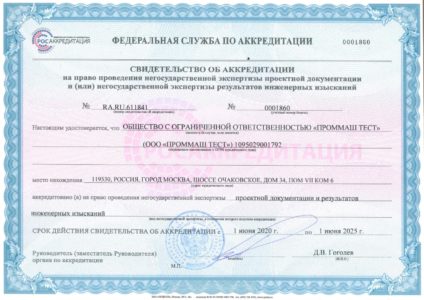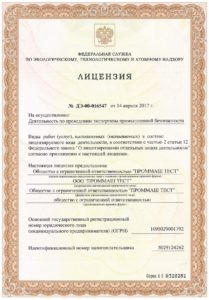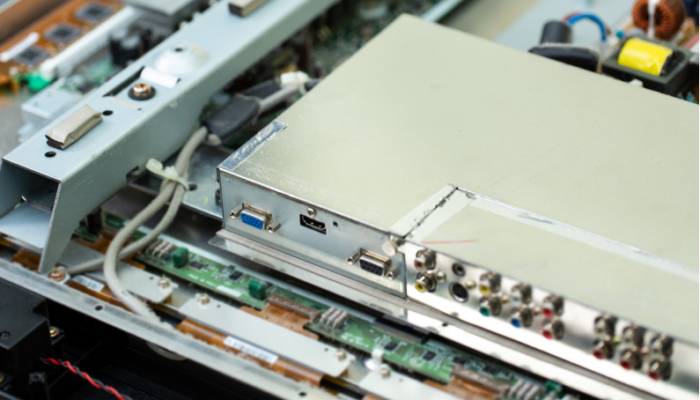
TR CU 020/2011 applies to technical means placed on the EEC market, which meet one or two conditions:
- may in the process of operation create electromagnetic interference;
- the quality of their work depends on the presence of external electromagnetic interference.
Types of such interference are listed in Annex 2 to TR CU 020/2011.
Technical means are not subject to TR CU 020/2011 if:
- possess electromagnetic passivity (such are listed in Annex No. 1 to TR CU 020/2011). This means that due to their characteristics they do not interfere with other technical means, including means of communication. At the same time they themselves are also capable of normal operation in a given electromagnetic environment and do not need additional means of protection;
- they are not intended for direct use, but are part of other technical means;
Products for certification:
1) Household appliances and equipment:
- for the kitchen (refrigerators, dishwashers, stoves and ovens, kettles, microwaves, toasters, meat grinders, food processors, etc.);
- clothes and shoe care (washing machines, dryers, irons, steam generators, etc.)
- cleaning (vacuum cleaners, steam mops, etc.);
- for creating the necessary microclimate in the room (air conditioners, fans, heaters, extractors, air purifiers, etc.)
- for hygiene (showers, sauna stoves, water heaters, toilets, etc.)
- for body care (hair dryers, electric shavers, epilators, hand dryers, etc.)
- for body heating (electric blankets, warmers, etc.)
- for body massage;
- exercisers, sports and gaming equipment (including video games);
- video and audio equipment, TV and radio receivers;
- knitting and sewing machines;
- chargers, power supplies, and voltage stabilizers;
- equipment for gardening and gardening (lawnmowers, blinds, blowers, etc.);
- electric pumps;
- lighting fixtures (lamps, lamps, projectors, garlands);
- circuit breakers and RCDs;
- arc welding equipment.
2) Computers;
3) Peripherals: monitors, printers, scanners, UPS, etc;
4) Handheld and portable power tools;
5) Musical power tools;
Other technical means that are not included in this list are declared. However, if the technical means is not produced in accordance with the standards listed in paragraph 1 of Article 6 of TR CU 020/2011, or if there are no standards, it must be certified.
If the technical means is not included in the list of products for certification, it may still be certified if the applicant wants it. Technical regulation allows such a substitution.
The certificate and declaration for serial products may be issued for a period of up to 5 years. The period of validity is not indicated in the documents for a batch of goods or a single item.
The applicant, that is the person in whose name the documents will be issued, may be a manufacturer, seller or representative of a foreign manufacturer registered in the territory of the EEU.
Stages of certification
- The certification expert and project manager will explain the procedure in detail.
- They will send an exact list of documents that need to be collected in your case (including the documents required for production evaluation if the certification scheme requires it).
- The expert will select samples of the goods and organize their testing in an accredited laboratory.
- If the certification is for serial products, the expert will check its production. It is necessary to make sure that the manufacturer has the necessary conditions to ensure the compliance of manufactured products with the requirements of technical regulations.
- If the results of tests and production verification are positive, the certification body will draw up and issue a certificate.
- If the certificate is issued for a serial product, it will be subject to inspection at specified intervals during its validity. It is necessary to make sure that the manufactured products still meet the requirements, compliance with which was confirmed by the certification.
We can help you with the declaration!
Only the applicant himself can register the declaration of conformity of TR CU 020/2011. But we are ready to help you to conduct the procedure according to all the rules:
- provide a list of documents that need to be collected, taking into account the conditions of your application;
- help to fill in the declaration;
- explain where and how to get an EDS, which is required for registration of the declaration in the registry;
- check all documents;
- upload a draft of the declaration with the attached documents to the IGIS registry (you will only need to sign it with your EDS).
If you, as a foreign company, do not have an official representative in the territory of the EEU, we are ready to carry out the conformity assessment procedure on our behalf.
We will coordinate the layout of the product authorization document with you in advance to avoid possible errors in it.
The service is provided on the basis of a contract for the function of a foreign manufacturer in terms of ensuring compliance of the supplied products with the requirements of the technical regulations of the Customs Union and in terms of liability for non-compliance of the supplied products with the requirements of the technical regulations of the Customs Union.








